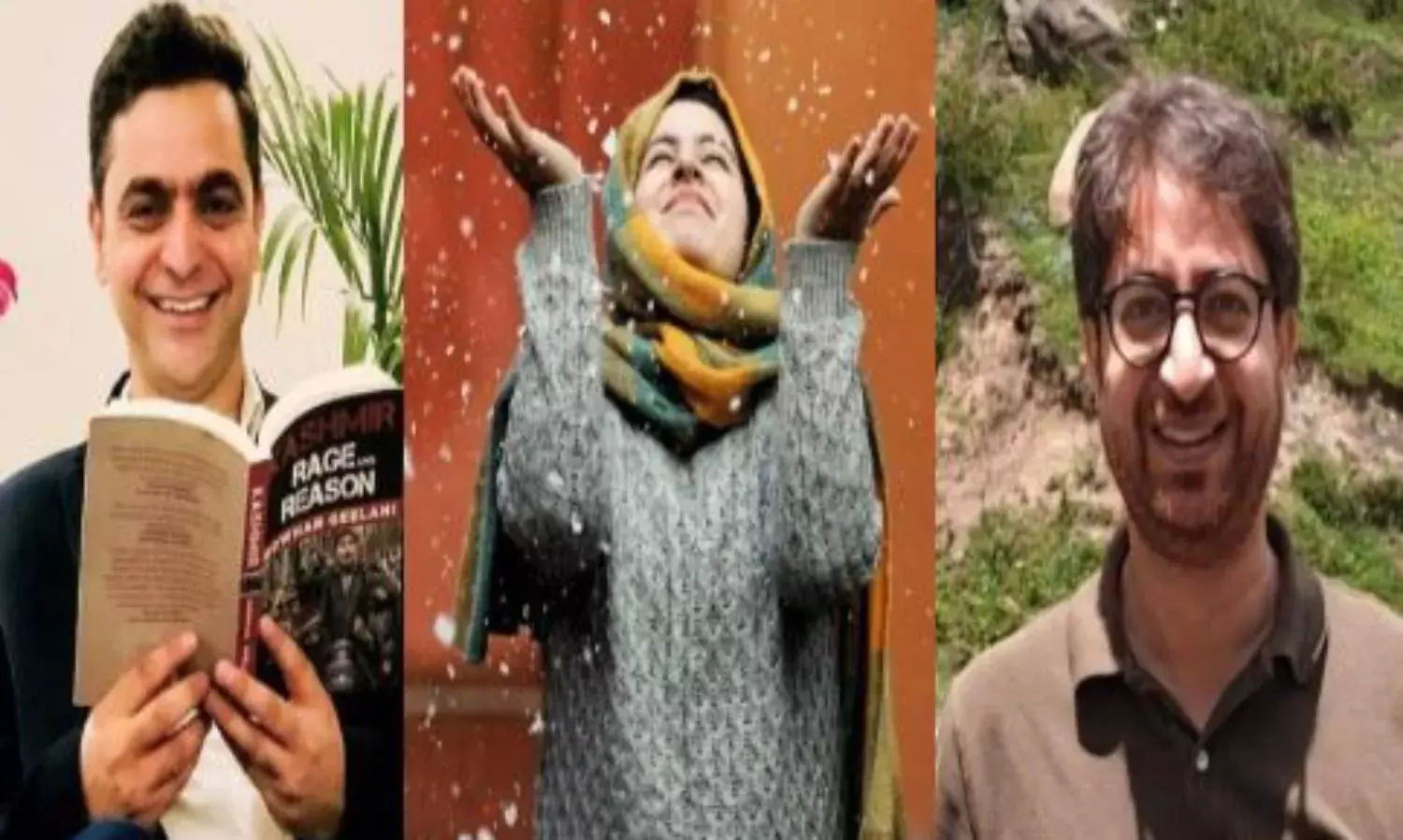Indian Media Should Step Up to End Isolation of Kashmiri Journalists
Press Freedom Day

At a time when the world is fighting COVID-19 pandemic, in Kashmir the journalists are facing intimidation. Last month at least three Kashmiri journalists were booked under stringent anti-terror laws.
On 21 April journalist Gowhar Geelani became the third media person in the Valley to face action ostensibly for social media posts deemed “prejudicial to national integrity.” He was booked by the cyber wing of the Jammu and Kashmir police.
The case against Geelani came a day after a woman photojournalist and a correspondent of a national daily were booked under various sections of the IPC and the UAPA.
The controversial action comes at a time when India dropped to rank 142, two points below its 2019 ranking, in the 2020 World Press Freedom Index unveiled Tuesday.
Such intimidation and harassment of journalists in Kashmir has created fear among the local media fraternity.
For the past three decades, journalists in the Valley have worked under tremendous pressure. Killings, kidnappings, detentions and harassment have remained part of the job. Well known editor of Rising Kashmir Shujaat Bukhari was a prominent face who fell to assassins bullets outside his office.
Journalists are fairly regularly summoned to police stations and even to Counter-Insurgency centre at Srinagar and questioned about their work. Some journalists have had to reveal their sources. But despite this, in Kashmir the scribes by and large have kept their nerves despite the pressure.
However this latest assault on the media where young and prominent journalists who have never supported extremism have been booked under terrorism laws has shaken the media. More so, the silence of journalists outside the Valley who have not uttered a word on this.
It is ironical that the powerful media in Delhi and other states has chosen to accept government narratives on Kashmir over decades, where the Kashmiri journalists have always tried to bust the myths, and stood y the facts. Right from the 1990s journalists in the Valley have tried to stay with democracy and dissent, and many journalists have faced consequences for being neutral.
Unfortunately, the big media has chosen not to recognise these efforts and watched the harassment of Kashmiri journalists in silence and refrained from empathising with them and acknowledging the strains and pressures of being on the front line. Celebrity anchors have had little to say, and maintain a studied silence despite the growing pressure on the Kashmiri media.
Young journalists like me feel more vulnerable because of this silence.
In the year 2018, I was summoned by the National Investigating Agency (NIA) for simply interviewing separatist leader Aasiya Andrabi. I was questioned at NIA headquarters in New Delhi for three days regarding the interview.
Although, I was allowed to go home after three days the question that still haunts me is what was my crime? As a journalist, I have the right to interview anyone. Does this qualify as a crime? When journalists from all over the world interview the likes of Osama Bin Laden, they were not hounded and booked by their states, why are Kashmiri journalists targeted for simply doing their job?
Imagine now, if Masrat Zehra is convicted she can be behind bars for up to 7 years. A similar fait faces Gowhar Geelani who is also booked under UAPA. Invoking terrorism charges against journalists raises serious questions about press freedom and the mandatory protection of free and independent media in a democracy.
Iit is time for the media to come together and stand up for the rights of journalists as a whole, and not as segregated entities.
Auqib Javeed is a Kashmir based Journalist



